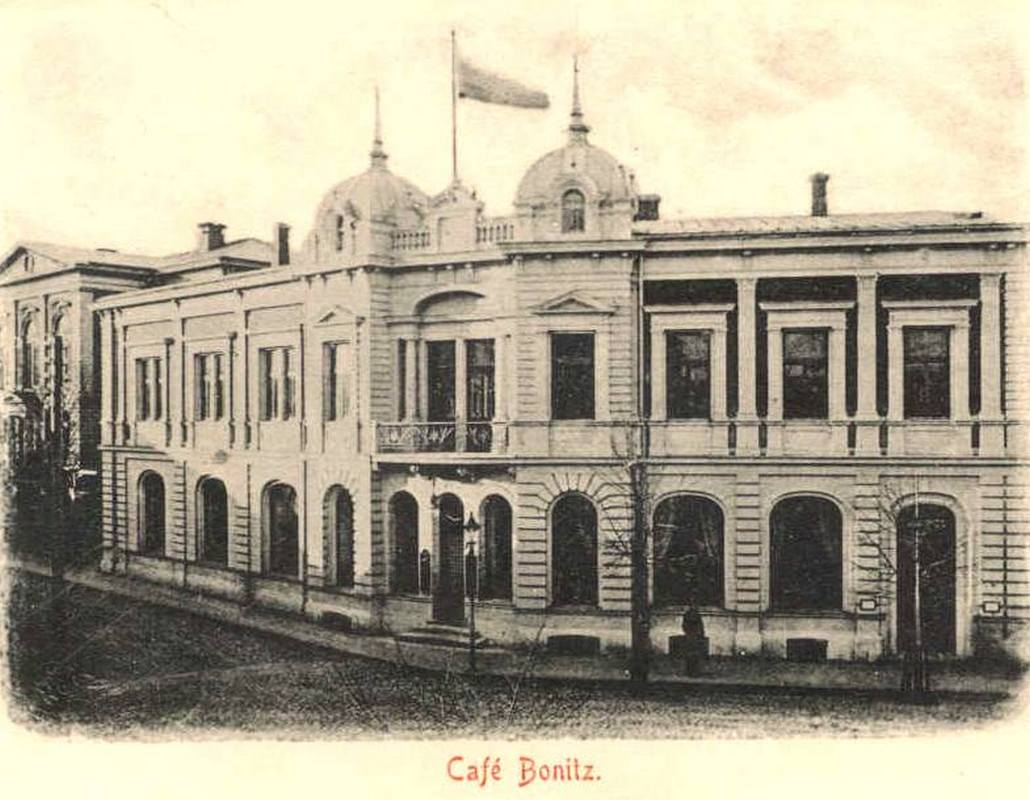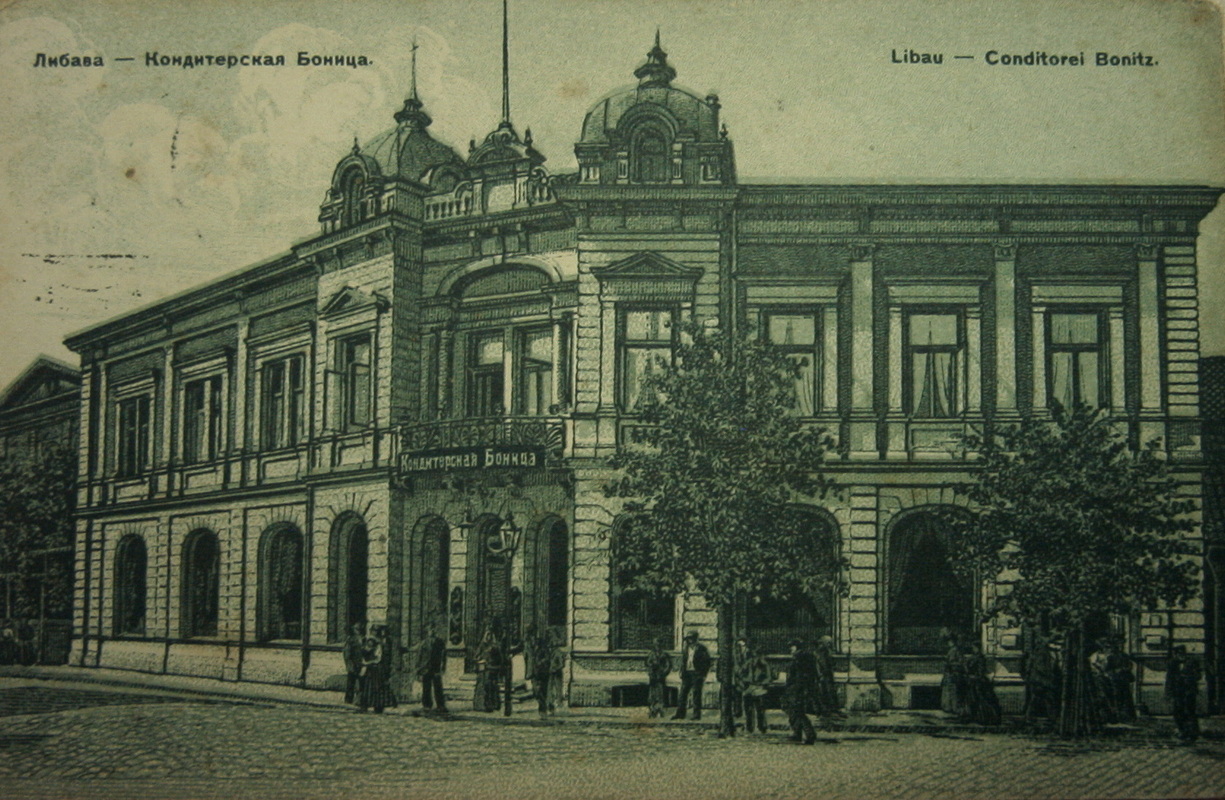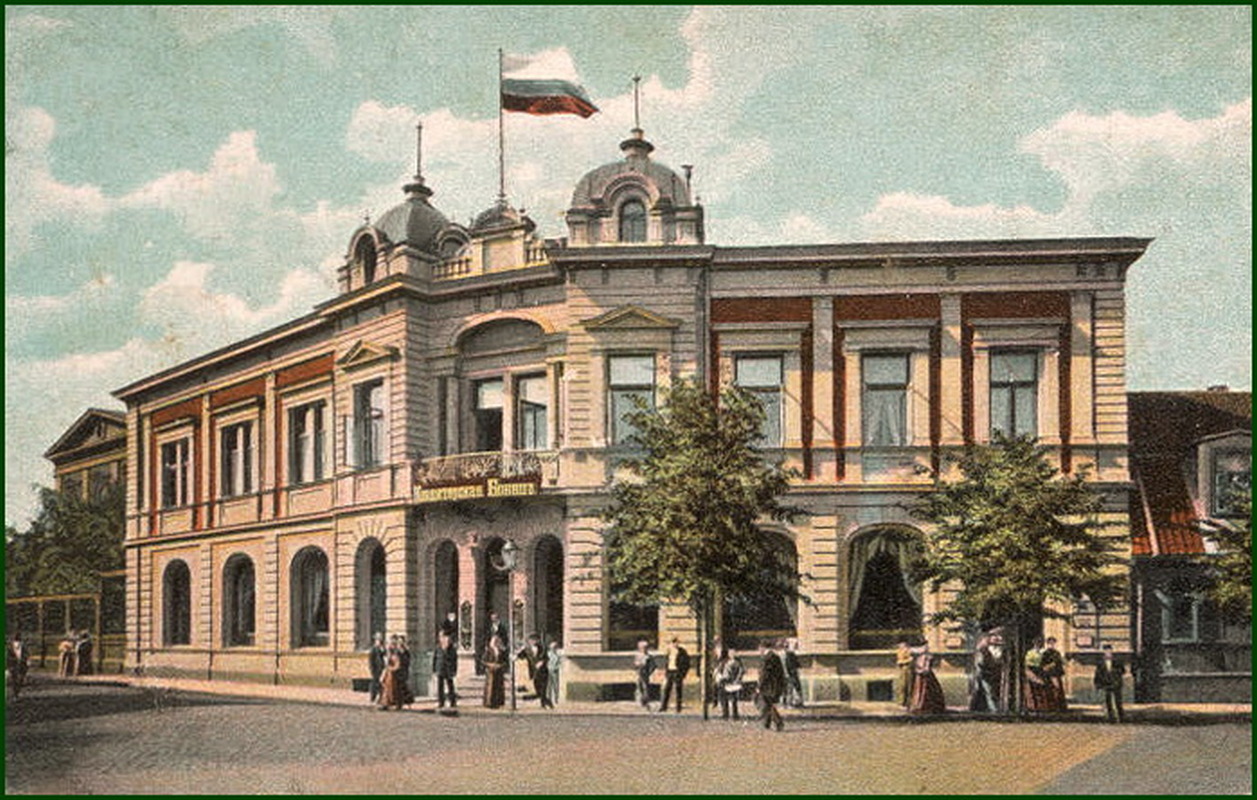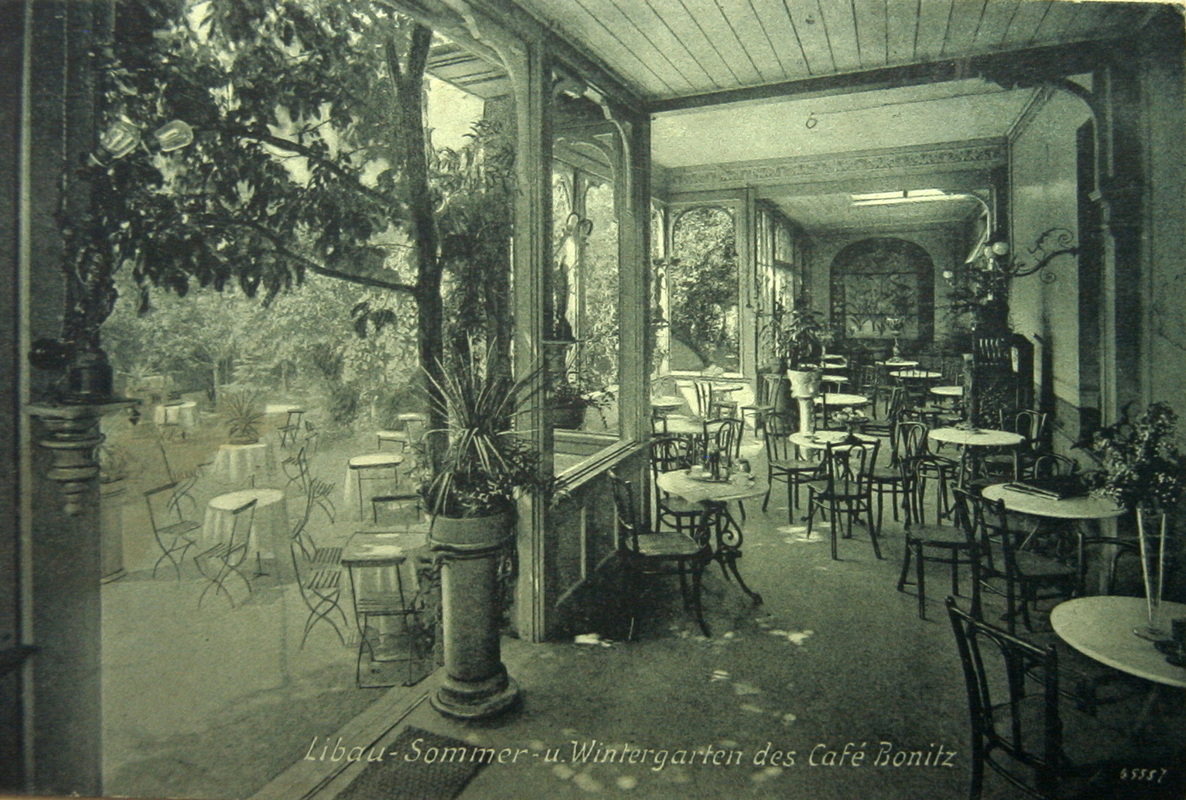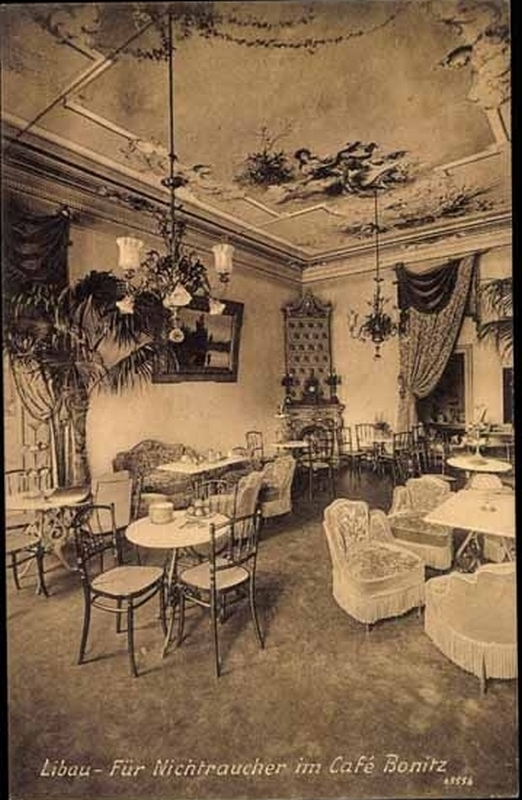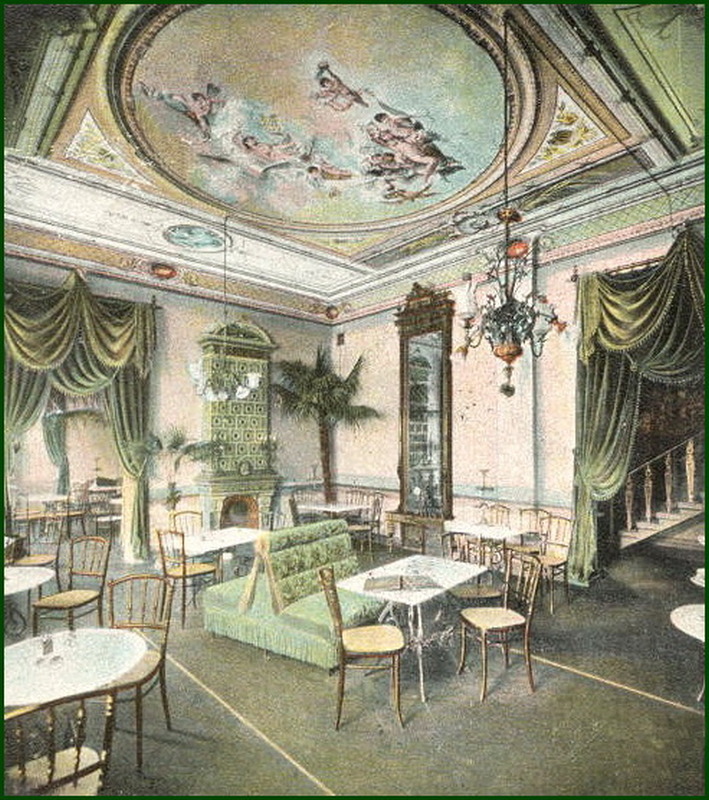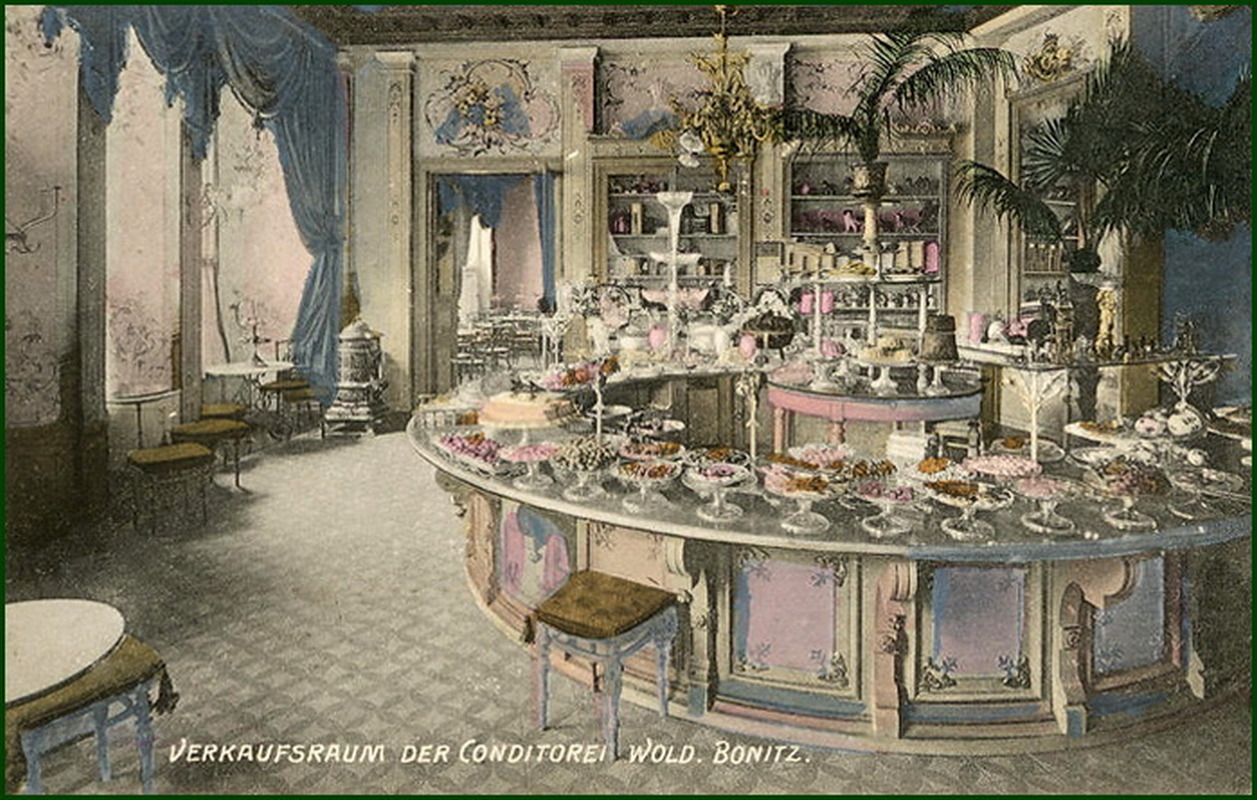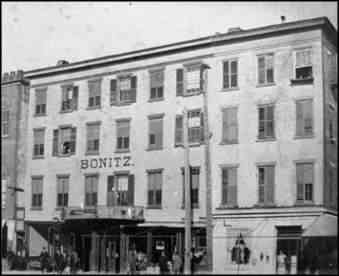- Peter Bonitz (born 1941) was a member of the local parliament of Thuringia state, Germany from 1999 to 2004. He is a member of the conservative party, CDU. He represented the constituency Unstrut-Hainich-Kreis II, which includes the city of Bad Langensalza.
|
 |
- Sylvia Bonitz (born 1966) was a representative in the German parliament (the Deutsche Bundestag) from 1998 to 2002. She is a member of the conservative party, CDU. Among others, she was a member of the board for internal affairs, member of the board for media and culture, as well as deputy chairperson of the German-Portuguese group of representatives.
|
 |
- Laurentius Bonitz, musician. He published several recordings, playing the violin. 1992-1995 he was director of the Wuppertal Symphony Orchestra. 1995-2006 Director of Concerts for the City of Bonn and the Beethoven Orchestra Bonn. He died in 2016.
|
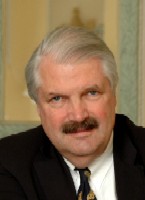 |
- Born in Dresden (Germnany), Eberhard Bonitz (1921-1980) was a composer, organist, director of music, and expert for church organs. Among others, he lived and worked in Naila, Ellwangen, and Lingen. He wrote and published many musical works for organ, chamber music, songs, canons, and arrangements for choirs. Eberhard Bonitz performed large concerts in Ellwangen, including works of Bach, Händel, Mozart, Haydn, as well as musical masses of the 20th century. In Lingen he was particularly well-known for his talented improvisations at the church organ.
|
- A Bonitz Street can be found in Harrisburg, PA.
The street is called John Bonitz Drive and it is located at the grounds of Community General Osteopathic Hospital.
It was named after John T. Bonitz Sr. (1904-1991), a resident of Harrisburg who was a former teacher at the former Edison Junior High School; a former professional football player with the former Pottsville Maroons, Philadelphia Yellow Jackets, and Newark Bears; a former college football All-American and a member of the Pennsylvania Sports Hall of Fame.
|
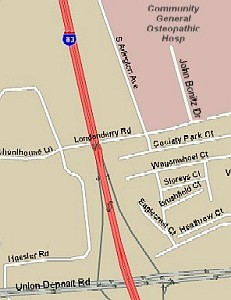 |
- Oswin Bonitz (born May 5, 1902) was politically active during the 1920s. For his commitment and his membership in the Communist Party, the "Red Aid" and the alliance against fascism, he was reprimanded several times. In 1944 he was deported to concentration camp Flossenbürg. During the evacuation from Flossenbürg to the Dachau concentration camp in 1945 Oswin was murdered together with five other prisoners.
A memorial stone at a road junction in Rödlitz (district Zwickau, Saxony) was erected in 1964 to remember the six communist opponents of the Hitler regime.
|
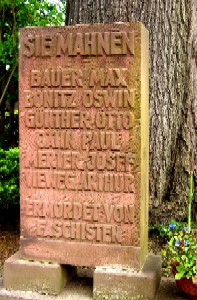
Click image to enlarge |
- Since 1894 Oskar Louis Bonitz ran the Carl Krieger store for linen, notions, passementerie, smallware, and gentlemen's requisites in Oschatz. He was born in 1868 in Burgstädt and can be found in the Oschatz directories from 1895 to 1958, the year he died.
Thanks to Mr. Horst Kohl and his web site Oschatz in those days for providing this information and the corresponding pictures.
|
 |
Advertisement of 1906
|
 |
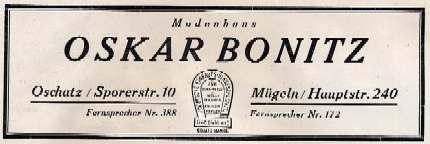
Advertisement of 1927
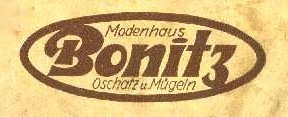
Company Logo 1930
|
Advertisement of 1912 | |
- In the port city of Libau (or Libawa) in Courland (today: Liepaja, Latvia), Woldemar Bonitz operated a confectionery and coffee house from about 1885.
Woldemar was born as Heinrich Gustav Woldemar Bonitz on Oct. 1, 1852 in Leipzig. He was a son of the plasterer and painter Carl Gottlieb Bonitz (1827-1903) and his wife Johanne Christiane Henriette Riedel. He was the second of at least seven children of his parents.
His wife Mathilde Nathler (born 1852) came from Bitterfeld. In 1881 their daughter Gertrude (later married to Carl Goetjes) was born in Magdeburg.
Still in Germany, Woldemar Bonitz had learned the trade of a confectioner and started a confectionery business, but in the first half of the 1880s he moved to Liepaja (Libau) with his wife Mathilde and their young daughter Gertrude. His son Kurt was born in Libau on July 8, 1885, according to the birth register in St. Petersburg. The birth was confirmed in Liepaja in the register of the Holy Trinity Church.
According to newspaper advertisements, his confectionery shop was originally located on the New Market - today's Rose Square. In 1897, Bonitz commissioned architect Paul Max Berci (also: Bertchy or Bertsy) to design a confectionery at the corner of Graudu and Vilhelmine Streets. The building was completed a year later.
Max Bertsy designed the building in the neo-Renaissance style, but the two domes in the corners of the building give it a playful quality. Part of the facade was ornately plastered, and it had large shop windows.
On the ground floor was the most luxurious café in the city - a pastry shop with window displays. The building had many rooms, each of which had its own function. The main entrance led to the confectionery department, with three "coffee rooms", a chess room and a billiard room on the left side. On the right side was the dining room. There was a separate non-smoking room and a smoking room combined with a reading room. The Bonitz confectionery was also known for its separate winter and summer gardens.
In keeping with the taste of the time, the interior was richly decorated and furnished in a variety of ways, with ceiling paintings taking center stage. Guests could also sit on the veranda, which overlooked a small garden and the neighboring St. Nicholas Gymnasium. A separate staircase led to the second floor, where the owner's apartment was located.
Old picture still document the luxury and sophistication with which the coffee rooms were furnished. The feeling of liveliness and coziness was created by impressive palm tree-like indoor plants, while the elegant atmosphere was created by the huge chandeliers, heavy curtains and expensive-looking furniture.
A classmate of son Kurt Bonitz preserved his memories of 1894: "Kurt, the son of the confectionery owner Bonitz, would invite me over on occasional Sunday afternoons. There was chocolate, and cake, and ice cream, as much as I could eat. In exchange I would tell fairy tales."
When World War I broke out, the Bonitz family had a hard time. Although they were citizens of the Russian Empire, they, like many other native Germans, were arrested as "enemy spies." Since Woldemar Bonitz was a member of the "League of the German Navy", he was exiled to Sernovodsk near Samara after six months of detention. Kurt was also deported to central Russia.
Later, however, the Bonitz family returned to Liepaja, and the confectionery at 42 Graudu Street (Korn Street) became a popular place again. Kurt took over the management of the family business. Woldemar Bonitz was also always a man of culture and organized numerous events in his café, including classical music concerts, plays and dance evenings. Newspapers of the time often published announcements about upcoming philharmonic concerts and theater performances, noting that tickets could be purchased at the Bonitz confectionery.
Woldemar Bonitz died in Libau on 11 Dec. 1933 at the age of 81. His wife Mathilde died already on 10 Sept. 1925 also in Libau.
The fate of Bonitz's children is not known, there is only a hint that the son Kurt lived in Kukarka in Russia.
The building was owned by the Bonitz family until 1935 and changed its function over the years, but always served mainly as a commercial building.
During the Soviet period, the building was used as a Kosmos restaurant. In the 1990s there were simple stores in it. After that the building remained empty. In 2009, restoration works began in the building. The new owners wanted to restore the splendor and prestige of the historic building and planned to set up an office and shopping center there called Bonitz-Passage. However, to date, no tenants have been found for the building.
The building was granted the status of a national urban monument of historical significance.
More pictures of the Bonitz coffee house can be found in the photo archive.
|
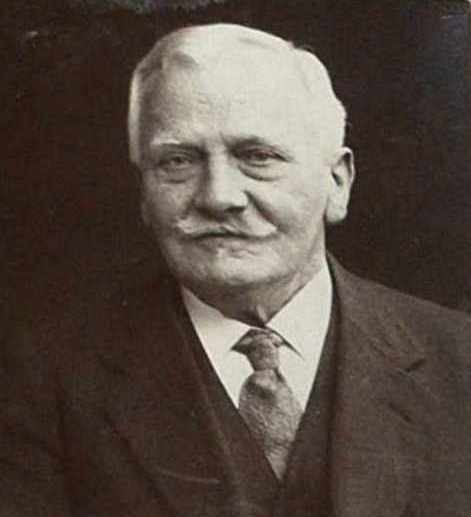
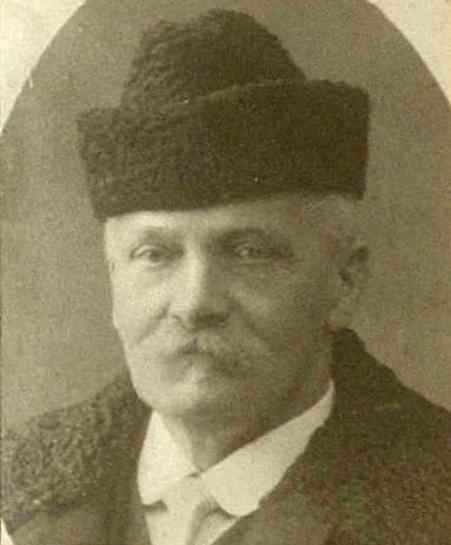
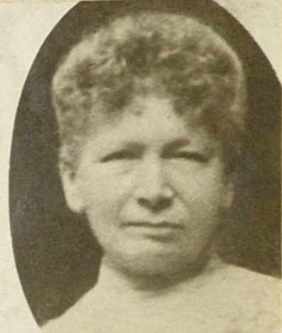
|
- There is a Bonitz Street existing in the city of Philadelphia, PA.
It is located close to the Wayne Railway Junction.
This Bonitz street was named after the company Decker & Bonitz (William Decker und Herman Bonitz). In 1890, the company was located in the immediate neighborhood at the corner of Wayne Avenue and Bristol Street.
Decker and Bonitz Card Clothing Co. owned a 2 story brick building. They produced carding machinery, used in the textile industry to pre-process wool or cotton fibres before spinning and weaving.
Already in 1888 William Decker & Herman Bonitz Card Clothing Co. was founded in Worcester, Massachusetts. Two years later the Philadelphia location was added to their business. In 1893 Herman Bonitz shifted his activities to Passaic, New Jersey.
Hermann Bonitz came to the U.S. from Lengenfeld in Saxony, Germany in 1863. In his home town his grandfather Friedrich Gottlob Bonitz owned a large textile spinning company, together with his associate partner Gottlob Friedrich Thomas, since the early 19th century.
Herman is listed in the 1888 and 1889 Worcester, MA Directories, residing 26 Southbridge St. with the Richards family.
In 1890 he can be found in the Philadelphia City Directory.
The 1899 book "The News' History of Passaic" by William Jamieson Pape and William Winfield Scott states:
HERMAN BONITZ, manufacturer, was born in Saxony, Germany, in 1842, where he received a good education in a well-known business college of his native place. After leaving school he engaged as an apprentice to, and acquired a thorough knowledge of the woolen trade, thereby fitting himself for a future, so that he would be enabled to superintend and understand all the details connected with the manufacture of woolen goods. In 1863 Mr. Bonitz came to America, and for many years was engaged in the manufacture of card clothing, with factories located at Worcester, Mass., and Philadelphia. In 1893 he selected Passaic as a place of residence, having purchased manufacturing property at Lodi, N. J., where he now operates an extensive plant devoted to the manufacture of woolen goods. In 1866 Mr. Bonitz married Miss Fredericka Dewein, a daughter of a well-known and highly respected citizen of Burlington, Iowa. Seven children have been born to their marriage, all of whom are now living. Although taking no active part in politics, Mr. Bonitz is a stanch Republican. He is a liberal and public-spirited citizen. Mr. Bonitz is a self-made man and possesses good judgement, rare executive ability and business sagacity, and is of unimpeachable integrity.
|
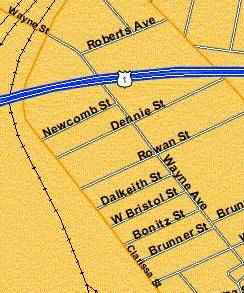 |
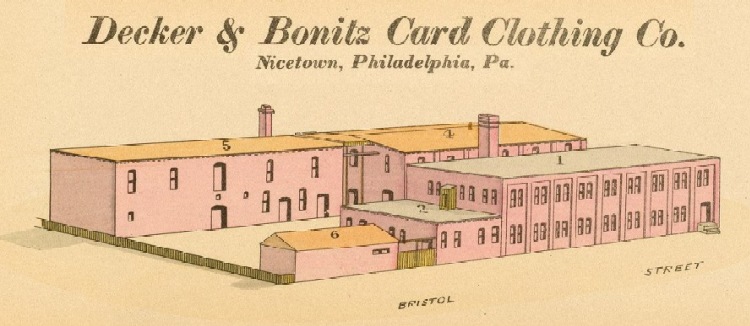 |
- William's son was Henry E. Bonitz, architect of Wilmington, North Carolina, USA.
Among others, he designed the "Ellerbe Springs Inn" in Richmond, North Carolina, a building in typical Victorian style.
He also built the neo-classical Alumni Memorial Building of 1897 at North Carolina State University (NCSU), in Raleigh, NC (picture).
See the NCSU Libraries for a detailed biography.
|
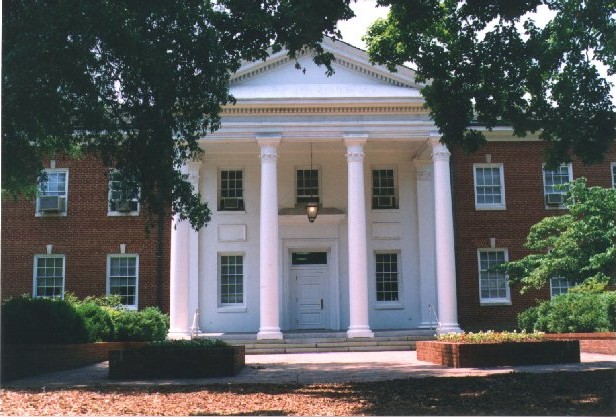
click image to enlarge |
- Hermann Bonitz (1814-1888) of Langensalza was a classical philologist and philosopher. In Vienna and Berlin he established a new concept for reforming the high school systems of Austria and Prussia. Even today, his translation and interpretation of Aristoteles' "Metaphysic" is widely used by students and researchers.
He was a member of the Berlin-Brandenburg Academy of Sciences.
A complete biography can be found in our section "biographies".
- The Vienna University and the Vienna Academy of Sciences repeatedly honored research on philosophical topics by giving a special Bonitz Award.
In 1919 e.g., the philosopher Friedrich Heinrich Heinemann (Berlin) received the Bonitz Award for his works on Plotin.
|
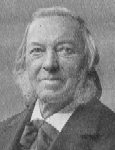 |
- Johann Michael Bonitz (1730-1765) of Kühnhaide (near Zwönitz), Saxony.
He was born on Dec. 14, 1730 in Kühnhaide as the son of the farmer and carter Gottfried Bonitz.
Albert Schiffner writes in his "Handbook of Geography ... of the Kingdom of Saxony" (1839): "Johann Michael Bonitz, born here (in Kühnheide) in 1730, was once much discussed as a prophet and visionary."
Johann Michael Bonitz died on May 13, 1765 at the age of 33 in Zwönitz as a bachelor.
|
|











